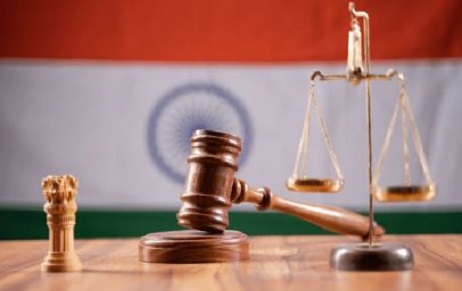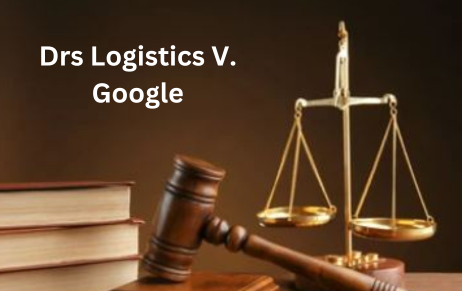ABSTRACT The project employs doctrinal research methods, i.e. secondary research which involves writing on basis…
Case summary of “Cabell v. Zorro Productions, Inc.”
BRIEF INSIGHT INTO THE DISPUTE:
Introduction:
This case is a result of copyright infringement of a musical based on the story of Zorro.The character of Zorro originally was developed by Johnst McCulley which was further adapted in stories. All of the stories are part of public domain. Cabell (hereinafter “the plaintiff”) made a musical based on the story available in public domain and Zorro Productions (hereinafter “the defendant”) is the assignee of the character Zorro. The Plaintiff produced a musical titled “Z – The Musical of Zorro” and got its scripts and audio registered with the U.S. Copyright Office for original, novel elements of his work but not the elements in the public domain as of 1996.
The Plaintiff met the Defendant for the production of the Musical but the agreement did not materialise and the defendant gave a legal threat to the Plaintiff not to publish their work without a license from them. Later, the Defendant licensed the use of the character Zorro to Allende in 2005 and separate musical in 2008.
Facts:
- The Plaintiff filed an infringement suit claiming that the novel and the musical was infringing its musical and seeking a declaration that the Plaintiffs’ musical is not infringing the copyright of the Defendant.
- The Defendant cross-moved an application claiming that the Plaintiff was infringing its copyright.
ARGUMENTS BEFORE THE COURT:
The arguments advanced by the Plaintiff are –
- The Defendant had access to the script of the musical of Plaintiff due to their exchanges with respect to a licensing agreement in 1966 which did not materialize.
- The Plaintiff contended that there was substantial similarity between both the works.
- The Plaintiff further contended that three characters from its script were sufficiently developed and therefore, it should be granted protection.
- The Plaintiff’s musical was based on public domain and therefore, does not infringe the copyright of the Defendant
The arguments advanced by the Defendant are –
- The Defendant contended that the Plaintiff’s musical is infringing its copyright.
- The Defendant further contended that Statute of Limitations will be applicable because when both the parties met for the licensing agreement, the Defendant had informed the Plaintiff that its musical is infringing the copyright of the Defendant.
DECISION OF THE COURT:
The court thus decided;
- That the Plaintiff’s musical does not infringe the Defendant’s copyright over the character of Zorro.
- That the Defendant’s musical and novel does not infringe the Plaintiff’s musical and does not have similar theme and setting.
CONCLUSION:
The Court analyzed the plaintiff’s claims. It was not disputed that the Defendant had access to Plaintiff’s script as a licensor holds a supervisory authority and there was an agreement between the Plaintiff and the Defendant which did not materialize so the Court cannot rule out a possibility of the Defendant having an access to the script. The Court followed the extrinsic test to conclude if there is a substantial similarity between the two works. The extrinsic test focuses on “articulable similarities between the plot, themes, dialogue, mood, setting, pace, characters, and sequence of events”. The Court determined that the plot of the novel was focused on the character Zorro’s childhood whereas the Plaintiff’s musical is based on Zorro when he is an adult. The Court found differences in the settings, theme, pace, mood and tone of the two works. The Court concluded the claim of the Plaintiff by adjudicating that the claim of Plaintiff that three characters from the musical were sufficiently developed in the novel cannot stand as there is no substantial similarity between the two and the treatment given to them is also dissimilar.
Adjudicating on the claim of the Defendant that the Plaintiff is infringing its copyright, the Court concluded that a reasonable person will not find substantial similarity between the two musicals. The Court disagreed with the contention that Statute of Limitations will be applicable in the present dispute as the Defendant has the right to file an infringement claim whenever the Plaintiff produces its musical. The Court rested the dispute by applying the doctrine that a party abandons claims by not raising them in opposition to a summary judgment motion and held that the Defendant had abandoned its claims of copyright infringement by not raising it in opposition to a summary judgment motion and passed a declaratory judgment claim in favour of the Plaintiff in this regard.
Note: Several quotations from the judgement are included in this article. The complete judgment can be found here.
Author: Ankita Aseri, Intern at Khurana & Khurana, Advocates and IP Attorneys. In case of any queries please contact/write back to us at [email protected].



